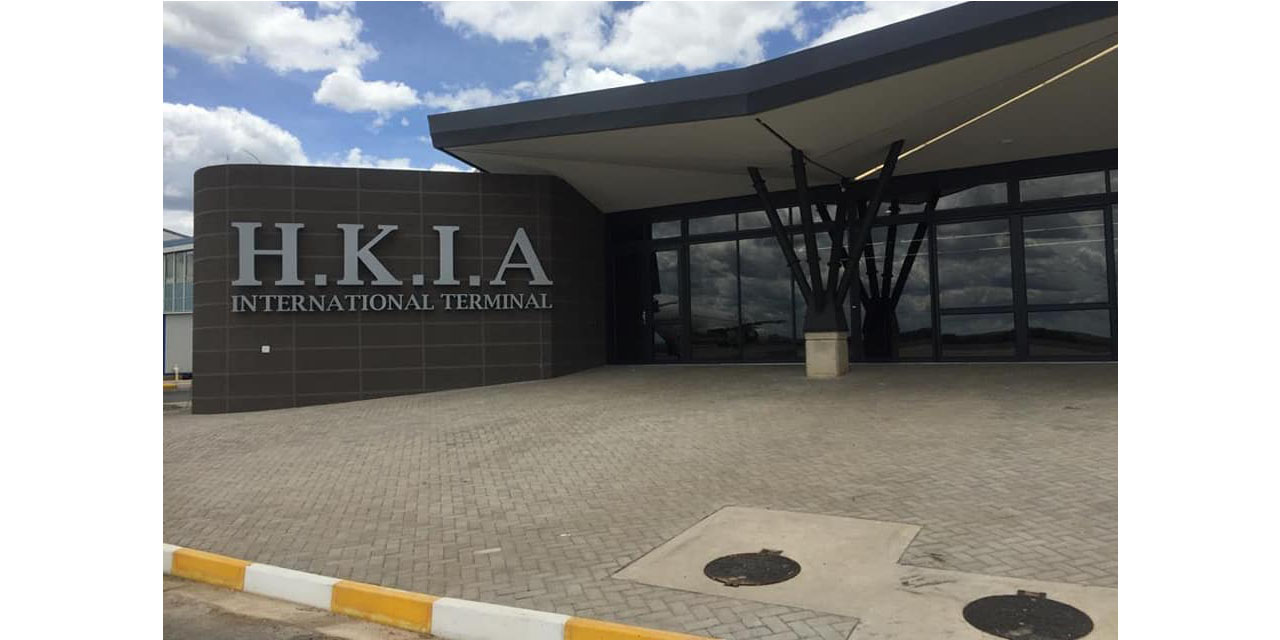CHAMWE KAIRA
Namibia has no issues with the International Air Transport Association (IATA) in terms of blocked funds that are a threat to airline connectivity in the affected markets.
Observer Money established this week from IATA that it has no issues in Namibia, Botswana, South Africa and Zambia.
IATA said the airline industry’s blocked funds have increased by 47% to US$2.27 billion in April 2023 from US$1.55 billion in April 2022.
IATA warned that rapidly rising levels of blocked funds are a threat to airline connectivity in the affected markets. The industry’s blocked funds have increased by 47% to US$2.27 billion in April 2023 from US$1.55 billion in April 2022.
“Airlines cannot continue to offer services in markets where they are unable to repatriate the revenues arising from their commercial activities in those markets. Governments need to work with industry to resolve this situation so airlines can continue to provide the connectivity that is vital to driving economic activity and job creation,” said Willie Walsh, IATA’s Director General.
The top five countries account for 68.0% of blocked funds. These comprise: Nigeria (US$812.2 million), Bangladesh (US$214.1 million), Algeria (US$196.3 million), Pakistan (US$188.2 million) and Lebanon (US$141.2 million)
IATA urged governments to abide by international agreements and treaty obligations to enable airlines to repatriate these funds arising from the sale of tickets, cargo space, and other activities.
The International Air Transport Association’s (IATA) “Focus Africa” drive is gaining momentum, spurred on by the African Civil Aviation Commission (AFCAC) and the Airlines Association of Southern Africa (AASA) as its newest partners.
Focus Africa will strengthen aviation’s contribution to Africa’s economic and social development and improve connectivity, safety and reliability for passengers and shippers. It will see private and public stakeholders deliver measurable progress in six critical areas: safety, infrastructure, connectivity, finance and distribution, sustainability and skills development.
“Focus Africa is all about establishing a coalition of partners committing to pool their resources and delivering a set of African air transport solutions that let the continent, its people and economies play a greater, more meaningful and representative role in the global economy. The combined contributions of AFCAC and AASA will be critical to Focus Africa’s success. Africa accounts for 18% of the global population but less than 3% of global GDP and just 2.1% of air passenger and cargo transport activity. With the right interventions those gaps will be closed, and Africa will benefit from the connectivity, jobs and growth that aviation enables,” said Walsh.
AFCAC Secretary-General, Adefunke Adeyemi said the ability to access, serve and develop intra-African markets is crucial as the continent’s populace is set to increase by over a billion people by 2050.
“Time is not on our side as AASA’s members and the communities they serve face rising costs, unprecedented unemployment, obsolete constraints on trade and market access, inadequate infrastructure and a looming skills shortage,” added AASA CEO, Aaron Munetsi.
Leaders and decision-makers from airlines, airports, air navigation services, government agencies, aircraft manufacturers, industry suppliers and other stakeholders will convene at the IATA Focus Africa Conference, hosted by Ethiopian Airlines, in Addis Ababa on 20-21 June, to address the six priority task areas in detail.
Meanwhile, RwandAir CEO Yvonne Manzi Makolo has assumed her duties as Chair of the IATA Board of Governors (BoG) for a one-year term. Makolo is the 81st chair of the IATA BoG and the first woman to take on this role. She has served on the BoG since November 2020. She succeeds Pegasus Airlines Chairperson of the Board Mehmet Tevfik Nane who will continue to serve on the BoG.




